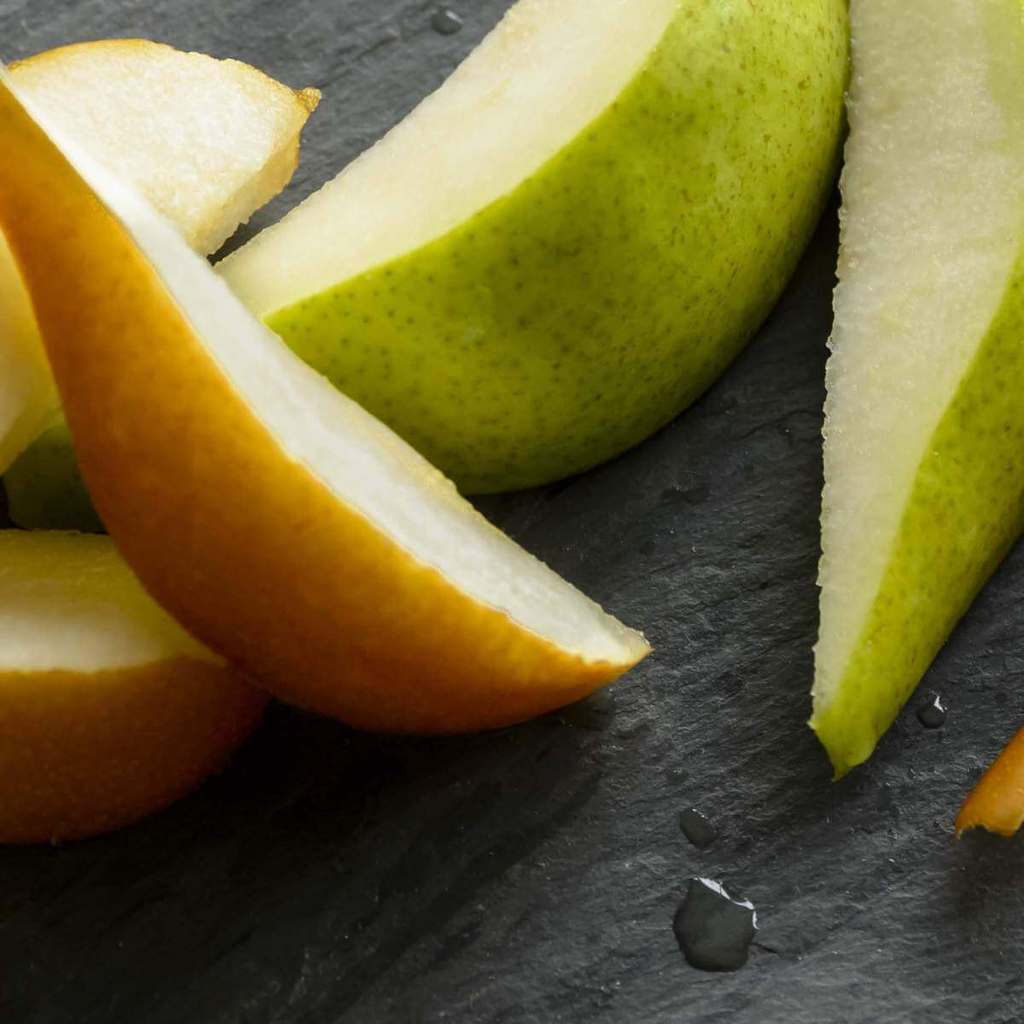People naturally have glucose in the bloodstream which gives energy to every single cell in the body. The hormone insulin maintains healthy levels of glucose.
Insulin is a hormone that is secreted when the blood glucose is too high. Type 2 diabetes develops when the body is not able to produce sufficient amounts of insulin or when the cells in the body don’t have a normal response to insulin, which is known by the name insulin resistance.
This leads to high blood glucose, and right away the cells begin to starve of energy. As a matter of fact, over time, this high blood glucose might damage sensitive tissues like the tissues in the kidneys, extremities, and eyes.
What Should You Do?
In order to manage your diabetes, you need to follow a regular meal plan, take medications, be active and track your blood glucose levels regularly. You should know that you can control your condition simply by exercising on a regular basis and eating healthy.
Most people benefit from three main meals and two snacks on a daily basis. And the food you eat is very important since it influences your blood glucose levels. Therefore, you should know that if you have diabetes a good food for you is pears.
Why Include Carbs?
Everyone needs carbs; you just have to balance them with fat, fiber, and protein at each meal. Balancing carbs helps decrease the rate at which glucose is absorbed. Therefore you won’t have a dramatic blood glucose spike. Good carb choices are fruits that are high in fiber such as pears.
Why Pears?
Pears are a healthy snack for people with diabetes. They are actually low-calorie and low-carb fruit which is vital for your condition.
Moreover, they are an amazing source of vitamin C. According to the Dietary Guidelines for Americans eating 2 pears on a daily basis meets your fruit needs.
Eating Fruit is Necessary
Most people think that fruit contains sugar and that is why people with diabetes should not consume fruit. Well, that is wrong because eating fruit is necessary. The fruit is rich in fiber, vitamins, water, and minerals; these are all crucial nutrients.
As a matter of fact, most fruits are thought to be low-GI foods. Fruits high in fiber like pears have a sweet taste without having the bad effect of spiking your blood glucose. For those people who count carbs, one small piece of fruit has around 15 carbs.
Minerals and Vitamins
The best way to include minerals and vitamins in your body is to consume the right food. When it comes to pears, they are abundant in necessary minerals and vitamins which help for your overall health, and which is important for all people and not just people with diabetes.
The pears contain the vitamins retinol, vitamin C, choline, vitamin E, lutein, vitamin K, beta-carotene, and folate. Also, the pears contain the minerals potassium, calcium, magnesium, and iron.
Pears Are Rich in Fiber
Fiber is a crucial part of a healthy diet for people with diabetes. As a matter of fact, dietary fibers help lower cholesterol and help control blood glucose and body weight.
A snack or meal which has fiber slows down the absorption of carbs into the bloodstream. As a result, there is a slower and sustained rise in blood sugar over a longer time, which lowers the chance of blood sugar spikes.
Pears with their skin left on are a fiber-rich food. One pear of medium size has around 6 g of fiber which is approximately 24 percent of the recommended daily value.
Satisfy Your Sweet Tooth
Having a sweet tooth can set a person with diabetes up for poor control over blood glucose. The pears are actually a sweet treat that might help calm down the sweet tooth without sacrificing control over the blood glucose.
How to Eat Pears
You can eat a pear as a snack or as a dessert. Moreover, you can combine a couple of pear slices with fat-free, sugar-free whipped cream as a healthy and satisfying dessert.
They are portable food that is excellent to consume when you travel, have a long and busy day, and cannot eat at home, or as a snack while you are at work.
Bear in mind that every single thing you decide to eat influences your blood glucose. Therefore, what you need to do is choose wisely. Remember, you are what you eat.

